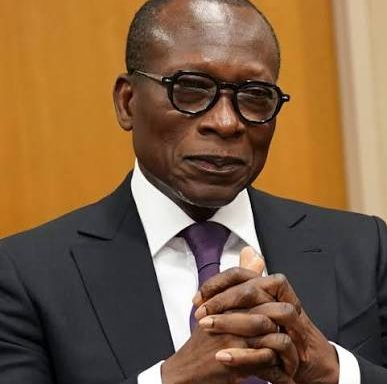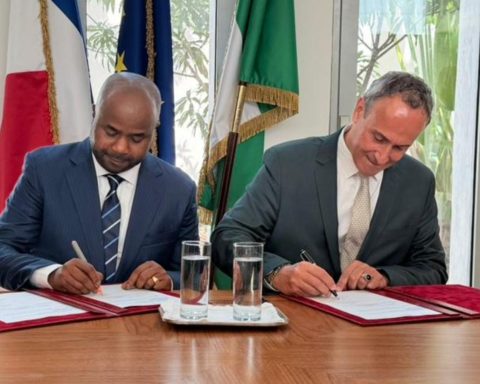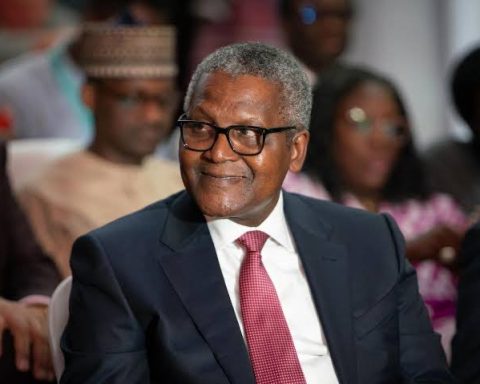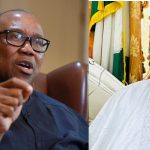In August 2023, Nigeria took a significant step towards fiscal restructuring when President Bola Ahmed Tinubu inaugurated the Presidential Committee on Fiscal Policy and Tax Reforms in Abuja. This committee was tasked with a complex mission: overhaul Nigeria’s tax system to ensure more efficient administration, equitable distribution, and economic growth. The results of their labour, known as the Tax Reform Bills, are now a focal point of national discourse.
These bills, encompassing reforms in VAT distribution, personal and corporate income taxes, and centralising tax administration, promise far-reaching impacts. Yet, amid the technical jargon and policy shifts, the question looms for everyday Nigerians: How does this affect you?
Join our WhatsApp ChannelThe Road to the Tax Reform Bills Establishment
Nigeria’s tax system, historically fragmented and cumbersome, has been due for reform. The bills introduced include the Nigeria Tax Bill, Tax Administration Bill, Revenue Service (Establishment) Bill, and Joint Revenue Board (Establishment) Bill. Each tackles different aspects of tax policy, from streamlining governance structures to changing revenue-sharing formulas.
The proposed changes aren’t merely administrative tweaks; they aim to redefine how wealth and resources flow across the country. For instance, under the new VAT system, states generating more economic activity will receive larger portions of revenue. This has sparked debates about equity and federalism, particularly from less industrialized regions.
On the personal level, changes in income tax brackets and exemptions promise relief for lower-income earners but require higher contributions from wealthier individuals. Meanwhile, corporate taxes will see simplified rates but stricter enforcement.
As these shifts loom, understanding their implications is crucial. To provide clarity, PrimeBusinessAfrica spoke with three experts: a tax analyst, an economist, and a business owner.
What the Experts Say about the Tax Reform Bills
Dr. Ibrahim Musa, a renowned tax consultant based in Lagos, explained the reforms’ technical aspects with enthusiasm. “These changes are long overdue,” he said. “For years, we’ve had a tax system that heavily relied on oil revenues, ignoring the potential of diverse income streams. The Tax Reform Bills are designed to change that narrative.”
READ ALSO: Resistance To Tax Reform Bills Product Of Misunderstanding – Ogun Gov
He highlighted the increase in VAT from 7.5% to 10%, set to climb further to 15% by 2030. “This will undoubtedly affect everyone, as VAT applies to most goods and services. However, essential services like rent, education, and healthcare remain exempt, which is a relief for the average citizen,” Dr. Musa noted.
When asked about criticisms, Dr. Musa acknowledged concerns about implementation. “It’s one thing to propose reforms; it’s another to enforce them fairly and effectively. That’s where the challenge lies.”
Speaking from the University of Lagos, Professor Adebayo Shola offered a broader economic perspective. He praised the redistribution of VAT revenue, which allocates a larger share to states.
“This is a game-changer,” he said. “The derivation principle in the new system encourages states to boost economic activities, as they stand to gain more from their efforts. But the flipside is that poorer states might struggle to compete, deepening regional inequalities.”
Professor Shola was also optimistic about changes to personal income tax. “Exempting incomes below N800,000 annually is a significant win for low-income earners. However, high-income individuals will bear the brunt, which aligns with progressive taxation principles.”
When probed about corporate taxes, he was cautiously optimistic. “Reducing corporate tax rates might attract foreign investments, but enforcing the minimum tax rule will ensure no loopholes for avoidance.”
Adopting a new system and it challenges
Fatima Ahmed, who owns a medium-scale manufacturing firm in Isolo, Lagos, shared her concerns about the new corporate tax structure. “At first glance, the uniform rate for medium and large companies seems fairer. But transitioning from the current system will be challenging, especially for businesses like mine still recovering from economic downturns,” she said.
Fatima was particularly apprehensive about the new development levy, which requires companies to pay a percentage of their profits to fund education and innovation. “It’s noble in intent, but for businesses already struggling with high operational costs, this is an added burden,” she said, her voice tinged with frustration.
Still, she appreciated the proposed establishment of the Nigeria Revenue Service. “Centralising tax collection could reduce bureaucratic hurdles, but only if implemented transparently. Trust remains a significant issue for many taxpayers.”
What Lies Ahead
The Tax Reform Bills are ambitious in scope and promise a more equitable and efficient tax system. Yet, their success hinges on implementation. Critics argue that these changes, while necessary, could strain taxpayers and businesses in the short term.
For individuals, the increase in VAT means higher living costs, but exemptions for essentials provide some relief. For businesses, simplified corporate tax rates could foster growth, but concerns over enforcement and compliance remain.
Dr. Musa summarised the reforms succinctly: “This is not just about numbers; it’s about trust and transparency. If Nigerians see the impact of their taxes in better infrastructure, education, and healthcare, these reforms could mark the beginning of a new era.”
As Nigeria navigates this pivotal moment, the Tax Reform Bills serve as a reminder that fiscal policies are more than just legislative documents; they shape lives and livelihoods. While challenges are inevitable, so too are opportunities for growth and equity.
Whether you’re a taxpayer, business owner, or policymaker, these reforms compel us to ask: How can we contribute to and benefit from a system that works for all?
Emmanuel Ochayi is a journalist. He is a graduate of the University of Lagos, School of first choice and the nations pride. Emmanuel is keen on exploring writing angles in different areas, including Business, climate change, politics, Education, and others.
- Emmanuel Ochayihttps://www.primebusiness.africa/author/ochayi/
- Emmanuel Ochayihttps://www.primebusiness.africa/author/ochayi/
- Emmanuel Ochayihttps://www.primebusiness.africa/author/ochayi/
- Emmanuel Ochayihttps://www.primebusiness.africa/author/ochayi/
















